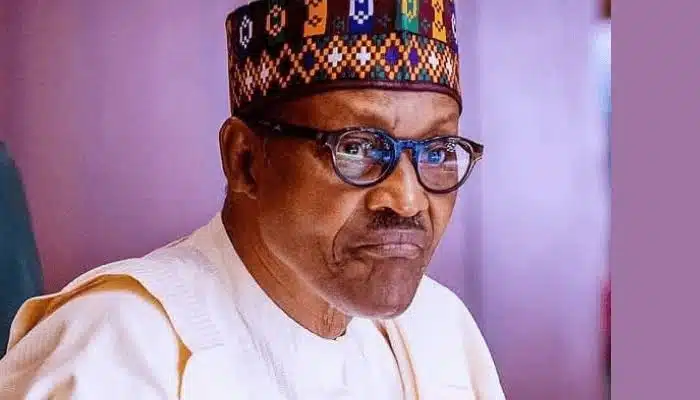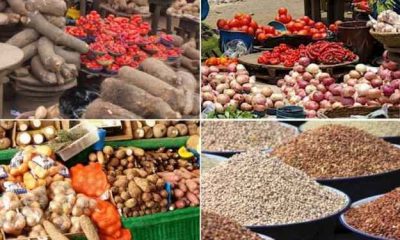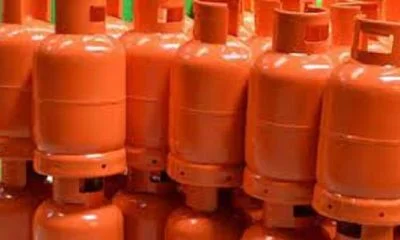Nigeria News
Nigerians Should Stop Blaming Buhari For High Inflation – Presidency

The Presidency has said President Muhammadu Buhari should not be blamed for the high inflation in the country, saying that the challenge is not peculiar to Nigeria.
Recall that the National Bureau of Statistics (NBS), on Monday, released its latest report showing its Consumer Price Index (CPI) which measures the rate of change in prices of goods and services.
The CPI rose to 22.22 percent in April 2023, up from 22.04 percent in the previous month. The April increase comes across as the fourth consecutive surge in the country’s inflation figure since the year began.
Following the announcement by the Bureau, some Nigerians have tied the inflation increase to the president’s eight years of administration.
However, in a statement on Tuesday, Presidential spokesman, Garba Shehu, has said that high inflation is a global problem, and Nigeria is not left out of the global economic downturn triggered by the COVID-19 pandemic.
Shehu also stated that Nigeria’s heavy reliance on the importation of essential products like petroleum, cooking oils, fertilizers, crop chemicals, and others worsened the high inflation.
The presidential spokesman also refuted claims that the Buhari administration is not making efforts to address the surging inflation. He added that Buhari has consistently prioritized efforts to control inflation and will continue to do so.
The statement reads: “Inflation was boosted everywhere by the COVID-19 lockdowns with severe impact on national economies due to the dislocation of manufacturing and supply chains. This is what led to fewer goods and the rises in prices of those goods reaching the market.
“Considering that Nigeria relies heavily on imports for essential products like petroleum, cooking oils, fertilizers, crop chemicals, and others, international price fluctuations significantly impact local prices. The government, unless it chooses to disregard the principles of free trade, has limited maneuverability in this regard.
“France, which enjoyed a stable average inflationary regime of 4.1 percent from 1960-2022 is today reporting price increases of up to 1,080.36%.
“At 10.1 percent, UK inflation is at a 41-year high. Ghana’s inflation rate had hit a two-decade high of 54.1 percent before a recent decrease. Turkey’s rate is 45 percent, and Pakistan has also reported an alarming high inflation rate compared to countries with similar profiles.
“The war in Ukraine meant a rocketing in foodstuff prices leading to fear of famine in many countries, never mind inflation.”












